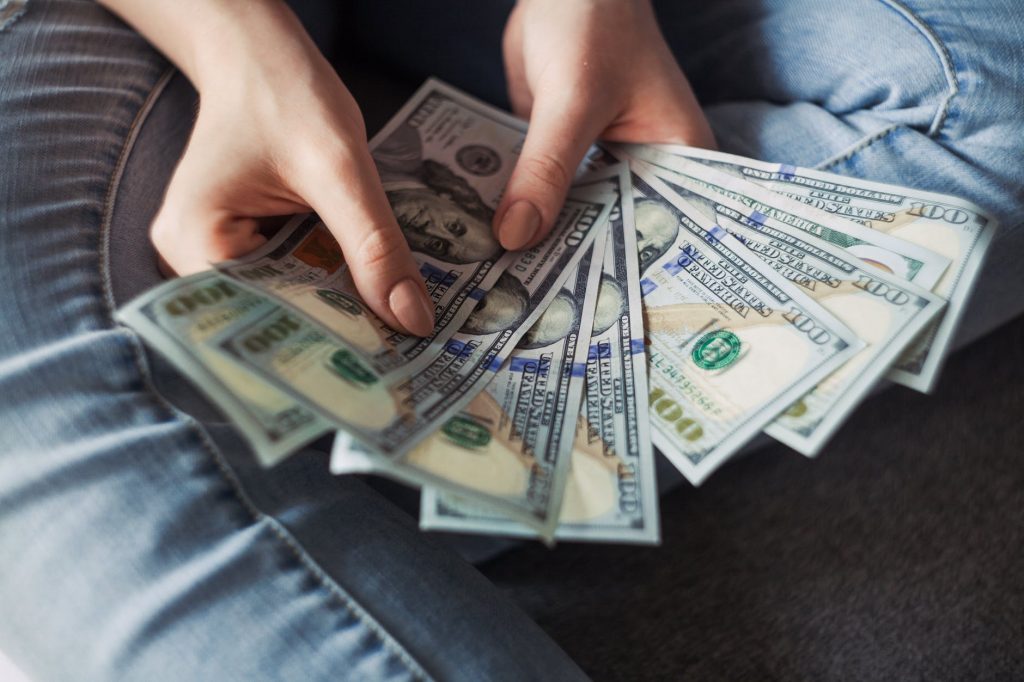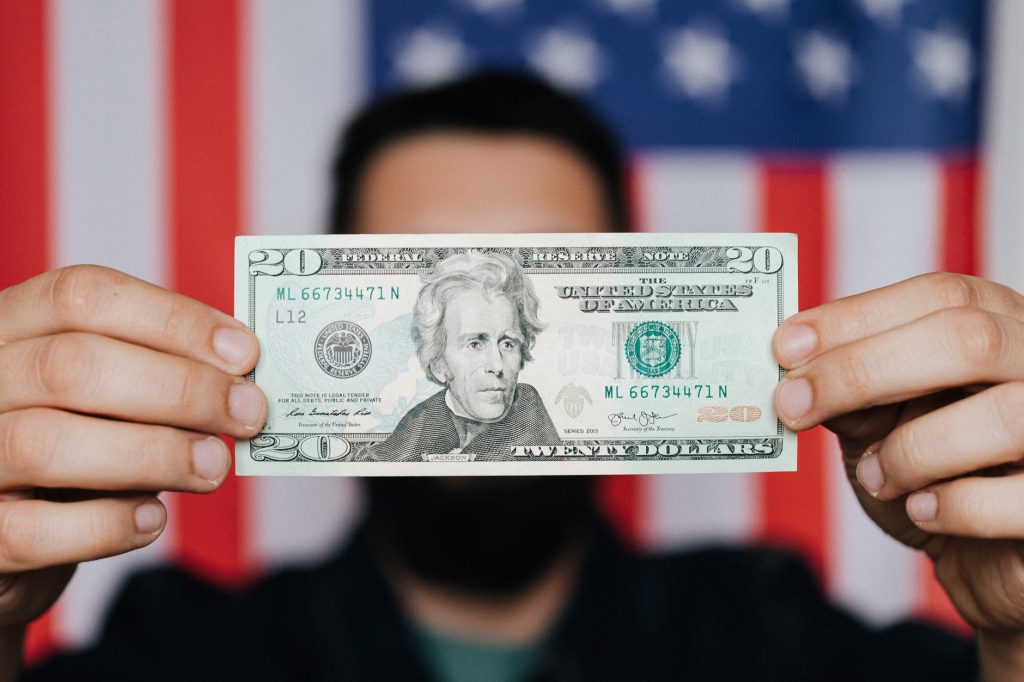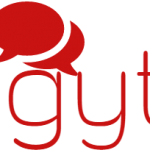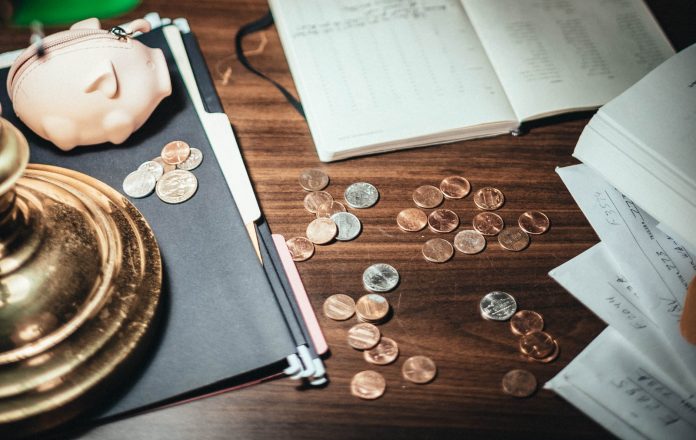People who need relief from debt have several different options at their disposal. Before something drastic like bankruptcy is considered, a person in debt should look at some other alternatives. Debt consolidation programs, personal budgeting, and debt settlement are all ideas that may help people who are deeply in debt take care of their financial situations without the lasting negative effects that declaring bankruptcy might bring.
Debt Consolidation Programs to Provide Debt Relief
There are many different debt consolidation programs that are useful for eliminating debt. The majority of these programs require that a person make one flat monthly payment to cover all debt. This amount is determined by the specific debt consolidation company used, and the company might also include a small fee to the total for the use of their services. Using a debt consolidation program to get out of debt can ensure that payments are being made on time, late fees are avoided, and may in many cases eliminate a great deal of interest charges. Creditors also tend to stop harassing borrowers through phone calls and mail correspondence when borrowers have signed up with debt consolidation companies.
Practicing Personal Budgeting to Get Out of Debt
Many people have more debt than they can handle because they do not fully understand how personal budgeting should work. It’s never too late to learn how to budget. As a rule of thumb, the average person should allot a specific amount of money each week for dining out, shopping, gas, groceries, and whatever else they regularly spend too much on. Credit cards should be used minimally for these things, and if they must be used, it’s best if the amount charged is paid off entirely when the statement arrives in the mail. The use of a financial program to track spending is also usually beneficial when finances are out of control and people find they can’t understand where their money is going.
Considering Debt Settlement to Eliminate Debt
It is not uncommon for people who are in more debt than they can handle to avoid creditor contact. Phone calls and mail correspondence are often ignored because borrowers do not want to have to explain that they do not have the money to pay their bills. When bills are ignored, interest charges and late fees build up, leaving people owing more money than they did to start with. It’s best to acknowledge creditors and try to work out payment arrangements. Many creditors will agree to settle with borrowers on a lesser amount just to close the account. People who have a sudden influx of money from their tax refunds or some other source might want to consider contacting their creditors to find out if it would be possible to settle their debts. A person who owes $2,000 on one bill might be able to get a creditor to reduce the balance to $1,500 if she happens to have that much money on hand to pay immediately.

Bankruptcy is not the only answer to debt relief. People who cannot handle their debt should explore other options before resigning themselves to having their credit damaged for years as a result of bankruptcy. Debt consolidation programs, personal budgeting, debt settlement, or a combination of all three could easily put a person in debt back in control of their finances. There are certain circumstances where bankruptcy is appropriate, but it makes sense to explore the other alternatives first.
How to Pay Off Debt Fast
Everyone wants to pay off debt fast because it is a burden that prevents that person from moving forwards with their life. One of the key factors in terms of getting your personal finances back on track is clearing revolving debt (a source of borrowing without a defined term, such as unpaid credit card debt). It is essential that a repayment goal is established if you want to be successful.
Different Ways to Pay Off Debt Fast
There are several ways to successfully tackle unsecured debt. These include improved budgeting, finding ways to make extra income or through a debt relief program. A debt management plan and debt settlement program are a means of establishing a level of repayment that is affordable to the borrower. However, this will affect credit score ratings because it involves defaulting on the original terms of an agreement.
Filing Chapter 7 Bankruptcy to Eliminate Credit Card Debt
Those who have an income that is below the state median and minimal non-exempt assets (valuable collections, second home etc) can pay off debt fast. In fact, it is possible to become completely debt-free in just four to six months without making any repayments. This debt relief solution is not available to those who have filed in the previous eight years, but this isn’t a bar to filing under chapter 13.
Paying Off Debt with a Debt Settlement Program

A financial professional will negotiate with creditors in order to secure a reduction in the principal (amount owed) of up to 50%. This won’t need to be paid provided that the agreed repayment level is maintained for a 12, 24 or 36 month period. The debt settlement company takes its 15% management fee directly from monthly contributions. Avoid any plan that front-loads fees (charges them up-front).
Clear Your Debt with a Debt Management Plan
Although there won’t be a reduction to the principal, the borrower will make a repayment to creditors that is based upon affordability. The majority of creditors are normally prepared to freeze interest and charges to help pay off debt fast. A debt management plan is normally a better way to deal with smaller sums of money because none of the debt is written-off.
Low Interest Debt Consolidation Loan to Pay Off Credit Card Debt
Consolidating debt with a loan usually means that the borrower will benefit from a lower rate of interest. It also provides a defined term when the debt will be completely cleared. However, individuals who already have a poor credit history are likely to find that a debt relief program provides a better way of clearing unpaid credit card debt. This is because the rate of interest offered will be far less favorable.
There are no easy ways to pay off debt fast, but there are some excellent ways to become debt free. Talk to a qualified credit counselor to establish whether a low interest debt consolidation loan, debt settlement program or debt management plan is the best way to proceed. Think carefully before turning unsecured debt into secured debt on the family home.





